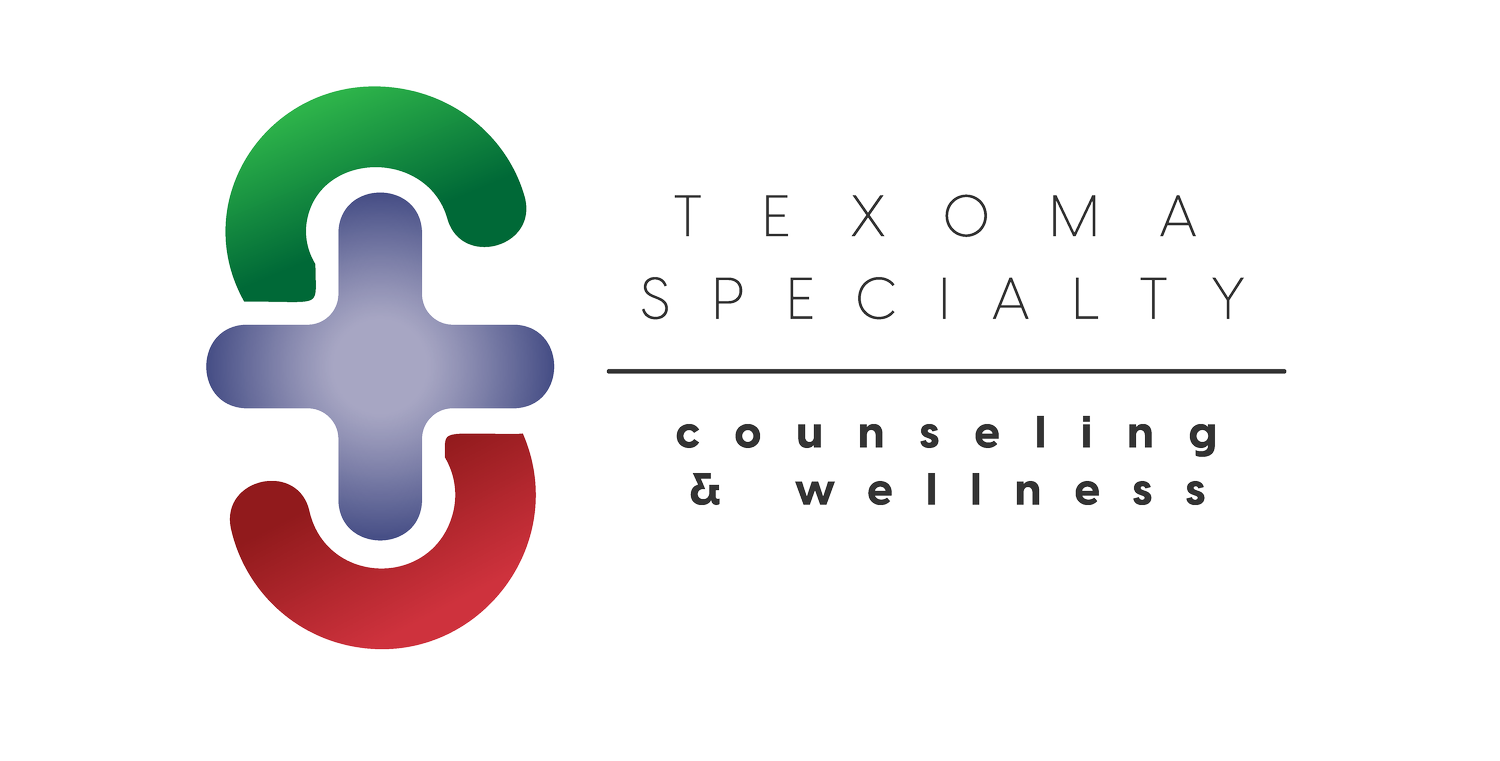Mythbusters! 8 Facts to destigmatize seeking support
There are so many myths and stigma surrounding mental health and what it means to seek support. While over time talking about mental health has become less taboo in our society, there are still many misconceptions about the process of therapy and mental health. Let’s debunk some common myths that come up when we talk about seeking therapy!
Myth One: “Something must be wrong with me if I’m going to therapy”
Fact: Therapy is not exclusively for individuals with something "wrong" with them. Therapy is a tool and a resource for personal growth, self-improvement, and addressing various life challenges. You can be in therapy at any point in your life! Sometimes seeking therapy prior to big stressors can help us to cope with life when it does get more stressful. Mental health is just as important as physical health- it’s important to nurture it!
Myth Two: “Other people have it worse than me, so I shouldn’t need help.”
Fact: Your feelings are valid! Your pain is valid! Other people don’t need to have it “worse than you” for you to still feel the impact of something happening in your life. Therapy should be a safe place where together, you and your therapist can hold space for what is impacting you without comparison to others.
Myth Three: “Therapy is for “crazy people” or, “Getting help is a sign of weakness/failure””
Fact: Therapy is not just for people with severe mental illnesses. It can benefit anyone dealing with life's challenges, stress, relationship issues, or personal growth goals. You don’t need to be in a state of crisis to want support. Seeking support is courageous! It takes bravery to confront and address your challenges and emotions with a professional.
Myth Four: “My therapist will judge me”
Fact: Therapists are trained to be non-judgmental and empathetic. Therapists should provide a safe and confidential space for you to share your thoughts and feelings without fear of judgment. The therapeutic process should be collaborative! Remember, you have autonomy in the space and can decide if the therapist is a good match for your needs! Check out this post for a list of questions to ask when you’re “therapist shopping”. We want you to feel empowered to make decisions in your life that will bring you the most authentic connection with others and yourself.
Myth Five: “Therapists have all the answers.”
Fact: While your therapist is a trained professional with a unique skillset, therapists do not have all the answers to your problems! Your therapist is there to provide support and guidance as you navigate your thoughts, emotions, and experiences. Therapy should be collaborative, where therapists and clients work together to develop insights, gain coping skills, and find answers that feel authentic to you. Therapists are a guide or fellow traveler in your journey to help facilitate growth through providing insight.
Myth Six: “Therapy is too expensive.”
Fact: Let’s be real: therapy is expensive. Especially if your provider is out of network. Ask your therapist about their sliding scale options. Most therapists have an accessible service fee, and are willing to work with you when it comes to payment plans. You can also ask your therapist about getting a Superbill, as you could potentially be reimbursed for out of pocket payment for services (check out this article to learn more!). We would rather you be getting help than be alone!
Myth Seven: “Therapy takes forever.”
Fact: The duration of therapy varies widely based on individual needs and goals. Some presenting concerns can be addressed in a few sessions, while others may require longer-term support. Therapists work with clients to set clear objectives and can often provide effective interventions in a reasonable amount of time. Depending on your needs (such as goals for therapy, insurance/cost, time constraints, etc.) you can be in therapy for as short or as long of amount of time as you would like.
Myth Eight: “I can’t tell my therapist that I don’t like how they’re approaching therapy.”
Fact: A well-trained therapist should always be open to hearing your feedback about the process of therapy. As a client, you have autonomy within the therapeutic space, and your therapist should collaborate with you to adapt your treatment plan in ways that best meet your needs to help you achieve your goals for therapy.
Get to know Madison and her approach to counseling HERE


